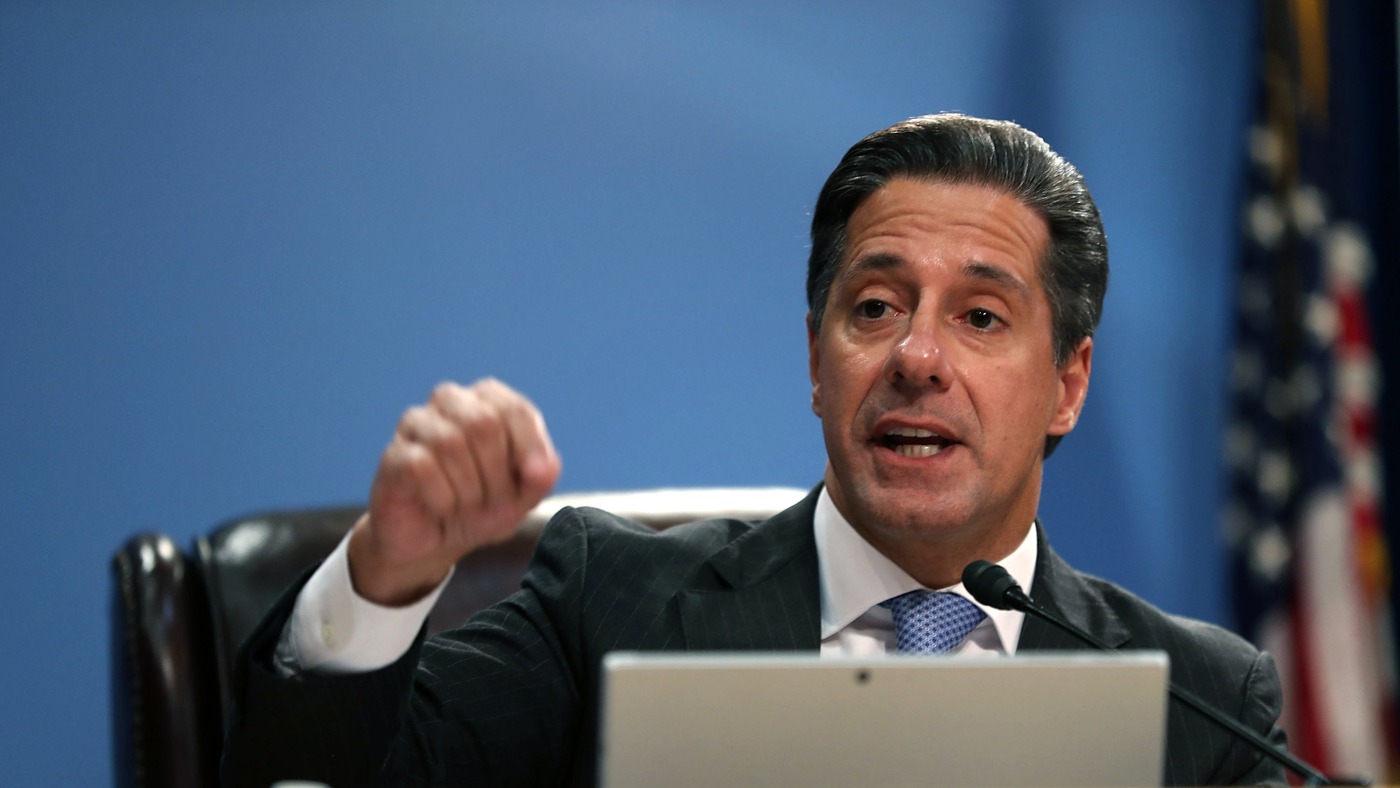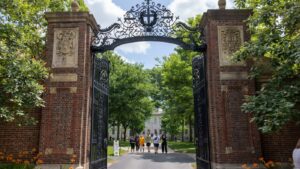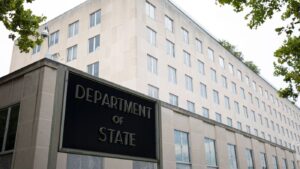Unannounced Visits by Federal Officials Raise Concerns in Los Angeles Schools
In a surprising move, federal officials from the Department of Homeland Security (DHS) paid unannounced visits to two elementary schools within the Los Angeles Unified School District (LAUSD) on April 7. The officials cited the purpose of their visit as conducting wellness checks on children who reportedly entered the country unaccompanied. However, these actions have raised questions and concerns among school officials and the broader community.
The visit was an unusual occurrence, according to LAUSD Superintendent Alberto Carvalho, who stated, “We have no evidence, nor do I have information of a wellness check conducted by the Department of Homeland Security having taken place in Los Angeles, not only this year, last year, or going back a number of years.”
Principals at both schools denied entry to the DHS officials, adhering to a strict set of protocols designed to handle such situations. Carvalho emphasized the importance of these protocols, noting that staff had been trained to anticipate such actions, especially given the demographic profile of the community.
The Los Angeles Unified School District, the second-largest in the nation, has a student population where 73 percent are of Latino or Hispanic origin. The timing of the DHS visits coincides with the Trump Administration’s heightened focus on immigration enforcement and mass deportations. As a former undocumented immigrant himself, Carvalho’s stance is deeply personal, “I know what the fear of your life circumstance can be and the impact it can have on a young person. I still feel it today, I taste, I remember it.”
In response to inquiries, DHS Assistant Secretary Tricia McLaughlin clarified that the visits were not enforcement actions but rather welfare checks. “DHS is leading efforts to conduct welfare checks on children who came across the border unaccompanied to ensure that they are safe and not being exploited, abused, and sex trafficked,” McLaughlin stated.
Interview Insights
Ailsa Chang: When schools receive visits from immigration authorities, what protocol do they follow?
Carvalho: Schools adhere to federal law, ensuring the right to a free public education for all students regardless of their immigration status. This is protected under the Equal Protection Clause of the Constitution. We also comply with FERPA, safeguarding student and parent confidentiality. In loco parentis principles guide us to act in the best interest of students in the absence of their parents or guardians.
Chang: How did schools handle the recent incidents with DHS?
Carvalho: Principals followed protocol by requesting identification from the agents. Although the agents eventually presented badges, they retracted them when school officials attempted to document their details. The schools promptly notified our legal and operations departments and requested a judicial warrant, which is required for any access to school premises. Without it, entry was denied.
Chang: Have these officials attempted to directly contact the children?
Carvalho: To our knowledge, there has been no direct contact. The officials claimed to have parental authorization, but this contradicts their statement that these were unaccompanied minors. Our checks with caretakers confirmed they had not granted such permissions.
Chang: What are your thoughts on the DHS’s explanation that these were wellness checks?
Carvalho: We have no historical evidence of DHS conducting wellness checks in LA schools, nor do my colleagues across the country. The request exceeded what was legally acceptable under federal law, protecting children’s privacy. Parents would be understandably upset if federal agents could access their children without proper authorization.
Chang: Are you prepared to face potential repercussions from the administration for your stance?
Carvalho: I am committed to this cause, even if it means facing personal consequences. My priority is the well-being of our students, and I will continue to advocate for their rights. Any punitive measures affecting school funding would be a severe misuse of power against our most vulnerable children.






